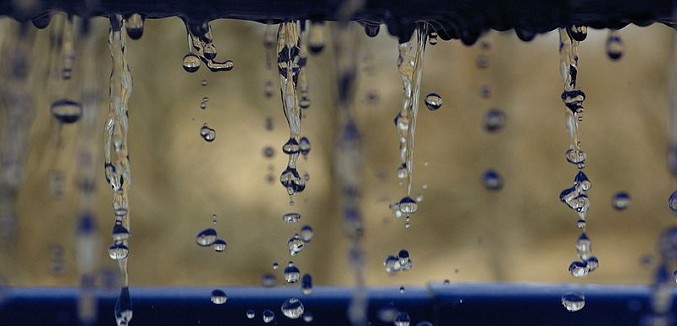Earlier this year veteran Israeli journalist and Times of Israel founding editor David Horovitz evaluated advances in Israeli water technology and concluded that it had functionally eliminated a water crisis that had been plauging the country:
But for Israel, for the foreseeable future… the water crisis is over…. an insistent refusal to let the country be constrained by insufficient natural water sources — a refusal that dates back to David Ben-Gurion’s decision to build the National Water Carrier in the 1950s, the most significant infrastructure investment of Israel’s early years — led Israel first into large-scale water recycling, and over the past decade into major desalination projects. The result, as of early 2013, is that the Water Authority feels it can say with confidence that Israel has beaten the drought.
Israeli companies are now successfully distributing those technologies inernationally. Israeli company named Blue I sells water monitoring systems that check the purity of water. The so-called “smart” water systems have been installed across European and American factories where food is produced:
Now the company, officially founded in 2003, boasts tens of thousands of its “smart” water systems in factories and municipalities around the world. Blue I smart boxes, based on electro-optics, are about to be installed in several American cities, and are found in about 150 locations throughout Barcelona.
Clients include Yoplait yogurt in France; BASF, the largest chemical company in the world; and 25 Coca-Cola bottling plants — including in India and Israel. Israel’s national water company Mekorot is another Blue I client, as is Israel’s Oil Refineries.
The company, which employs 25 in Israel, tests for two basic water-quality measures — chlorine and turbidity. It is one of few companies that can determine and ensure absolute zero levels of chlorine in the water, which is very important for the food and beverage industry. “We are the gatekeepers there,” says CTO Stela Diamant.
The systems not only can ensure the purity of water used in food production, but can also provide early warnings of contaminants that could compromise the water supply.
Another Israeli company, Netafim, has developed irrigation technologies, including the Family Drip System. This system is designed to, among other things, maximize water efficiency. Israel’s Foreign Ministry has introduced this system to the impoverished country of Malawi.
[Photo: Pikiwikisrael / Wiki Commons]




